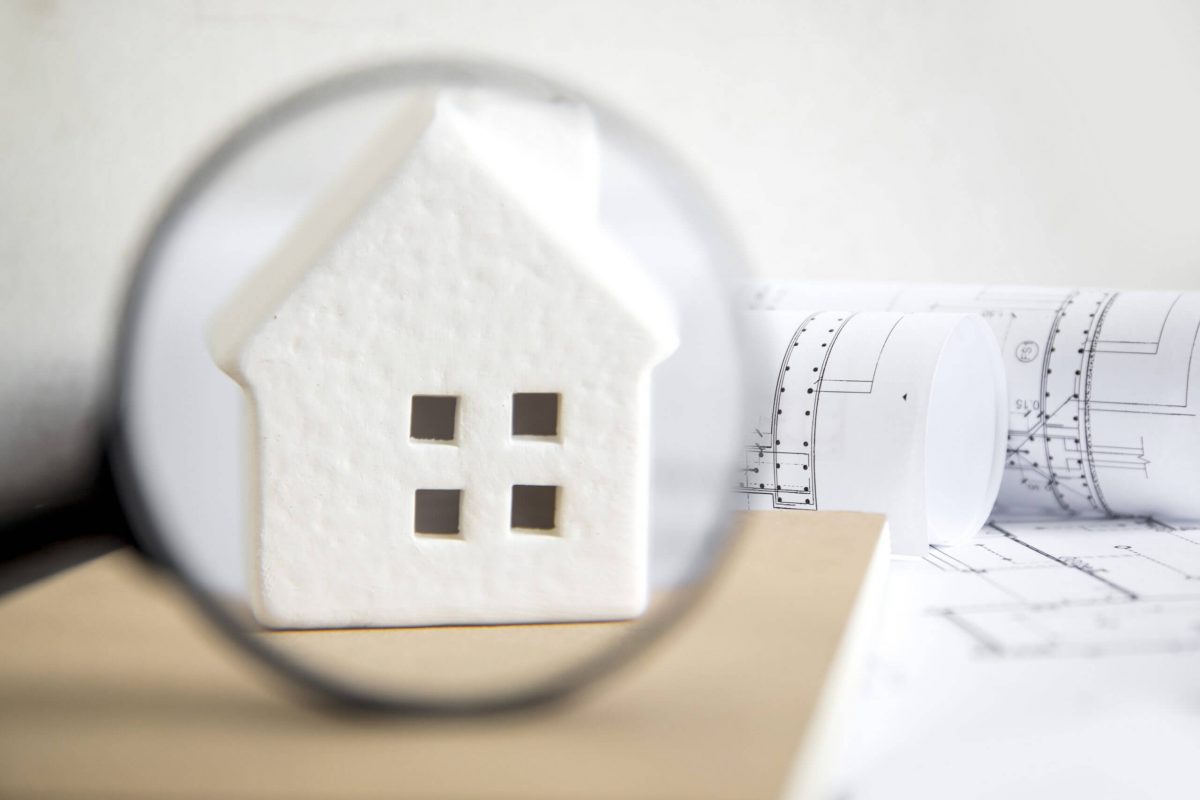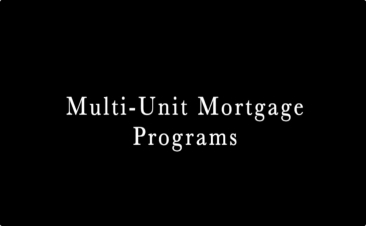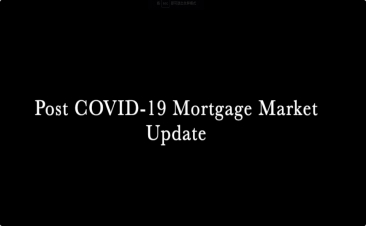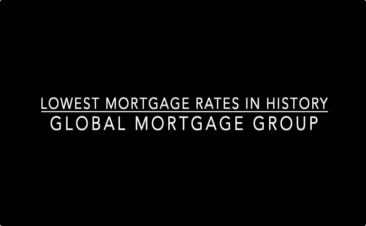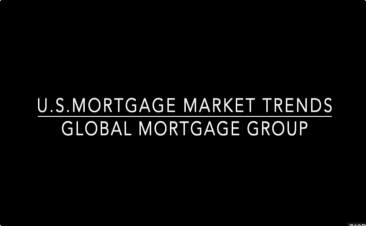When you acquire a mortgage, the lender divides the repayment schedule into several monthly installments over a fixed period. Amortization is the process of spreading out the mortgage over multiple years and into a series of fixed payments. The total mortgage amount, including the principal balance and interest, is supposed to be paid off with the last installment.
As a borrower of an amortized mortgage, you need to repay a specified monthly amount that pays off a portion of both the principal and interest. After every installment, the total loan balance decreases and finally gets paid off with the last payment.
For example, if you obtain a $20,000 amortized mortgage for five years, the lender will divide it into 60 monthly installments, including the principal and the interest amounts. Presume you need to pay approximately $377 per month and respectively $294 and $83 go into squaring off the principal and interest. Then, it will be $295 and $82 respectively in the next month. Over the loan term, the amount of principal payment will increase, and the interest will decrease (although the monthly installment will be the same).
At Global Mortgage Group, you can enjoy an amortization period longer than the mortgage term in the case of commercial loans. For instance, if you take a loan for ten years, the amortization period could be 30 years meaning the monthly installment amount will be similar to a 30-year loan.
If you are to repay this amount over 120 months at $1,000 per installment, the rate will continue for 119 months. In the last month, you will pay the remaining balance ($81,000 in this case) by one balloon payment.
Amortization is available on fixed-rate mortgages and home equity, personal, and auto loans. You won't get this facility on credit cards and interest-only loans.










